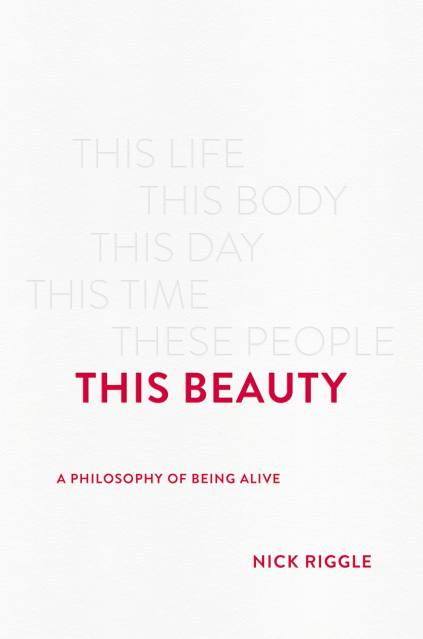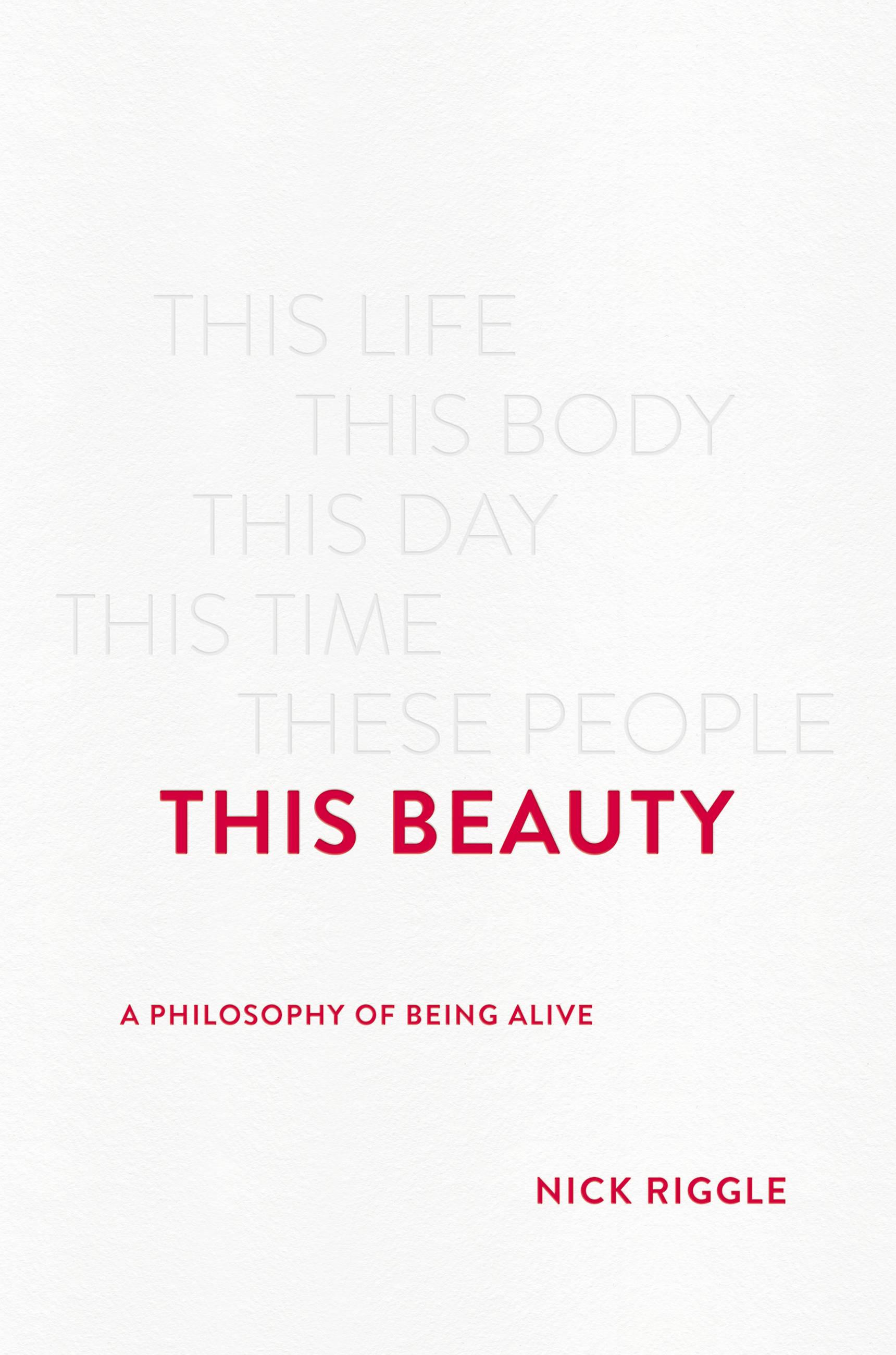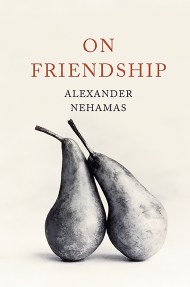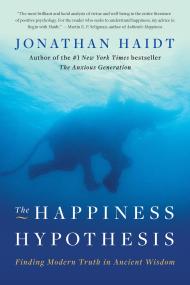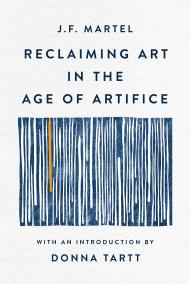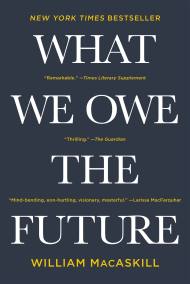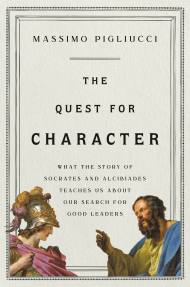By clicking “Accept,” you agree to the use of cookies and similar technologies on your device as set forth in our Cookie Policy and our Privacy Policy. Please note that certain cookies are essential for this website to function properly and do not require user consent to be deployed.
This Beauty
A Philosophy of Being Alive
Contributors
By Nick Riggle
Formats and Prices
- On Sale
- Dec 6, 2022
- Page Count
- 240 pages
- Publisher
- Basic Books
- ISBN-13
- 9781541675506
Price
$28.00Price
$35.00 CADFormat
Format:
- Hardcover $28.00 $35.00 CAD
- ebook $16.99 $21.99 CAD
This item is a preorder. Your payment method will be charged immediately, and the product is expected to ship on or around December 6, 2022. This date is subject to change due to shipping delays beyond our control.
Buy from Other Retailers:
An acclaimed philosopher and new father argues that engaging with beauty can make life worth living
You didn’t choose to live this life, in this body, in these conditions—this delicate and difficult life. Yet when you consider that your existence is fleeting, an inspired sense of urgency can spring forth. Say you often hike with a friend. One day, they propose that you skydive instead. You’re wavering, and they insist: Come on. You only live once! And soon you’re flying through the air. Why embrace a life you did not choose?
In This Beauty, philosopher Nick Riggle explores the beauty of being alive by investigating the things we say to inspire ourselves and each other: seize the day, treat yourself, you only live once. These clichés are at best vague, at worst stupid. They imply that you should do something wild with your life because your life is precious, a little like saying you should go swimming with your grandfather’s watch because it is irreplaceable.
Drawing on insights from aesthetics and his experiences as a professional skater and new father, he develops the thought that beauty—the beauty of this day, this body, this moment, these people—can make life worth embracing, worth engaging with and amplifying as beautiful. Insightful and deeply humane, This Beauty is a searching inquiry into the mystery of life’s beauty and a call to create and share it.
Genre:
-
“Lyrical...refreshingly off-beat...A performative case for beauty’s power to render life not just worth living, but worth savouring.”Times Literary Supplement
-
“Accessible and motivating…How inspirational to think of life being 'animated by beauty.' This convivial guide for the questioning is perfect for readers of Rob Bell and Alain de Botton."Shelf Awareness
-
“[W]ith equal parts humor and gravitas, and lovingly peppered with personal anecdotes from his own life, Riggle weaves a poignant, autological guide to better understand not only ourselves and our inner machinations, but one that serves to help us navigate existence at large."San Diego Union Tribune
-
"This is the good stuff—the kind of bold intellectual confrontation with the mortal condition that I imagined when I first resolved to study philosophy. The joy of reading This Beauty—and it is a joy—emerges from Riggle’s unblinking sincerity. This book has none of the cool detachment that we have come to expect from professional philosophers. It simmers with a sense of urgency and personal investment. Riggle discloses early on that he wrote much of it while he and his wife were expecting their first child, and that he felt a sense of obligation to his son to be able to justify the choice to bring him into the world. This does not come across as a sentimental hook so much as a deeply felt imperative, and it is an imperative that Riggle meets with gusto."British Journal of Aesthetics
-
“The message of this book is both simple and necessary.”Spirituality and Practice
-
“A rewarding take on beauty’s central role in life.”Publishers Weekly
-
"A beautifully written philosophical ode to existence.”L.A. Paul, Yale University
-
“What is there to live for? What does ‘YOLO’ mean? And what are we doing when we try to ‘seize’ the day? Nick Riggle gives us a big, radiantly heartfelt, and deeply thoughtful answer in a philosophical letter to his infant son. We are here for beauty, and this beauty is not just an inner experience, but a profoundly social one. The meaning of life is in the beauty that connects us.”C. Thi Nguyen, University of Utah
-
“Short but wide-ranging, elegant but unpretentious, casual in style and sweeping in conception, This Beauty goes far beyond our traditional philosophy of art and places aesthetics at the very center of life. It is an ambitious and brave book—and a wise one. Read it.”Alexander Nehamas, Princeton University
Newsletter Signup
By clicking ‘Sign Up,’ I acknowledge that I have read and agree to Hachette Book Group’s Privacy Policy and Terms of Use
